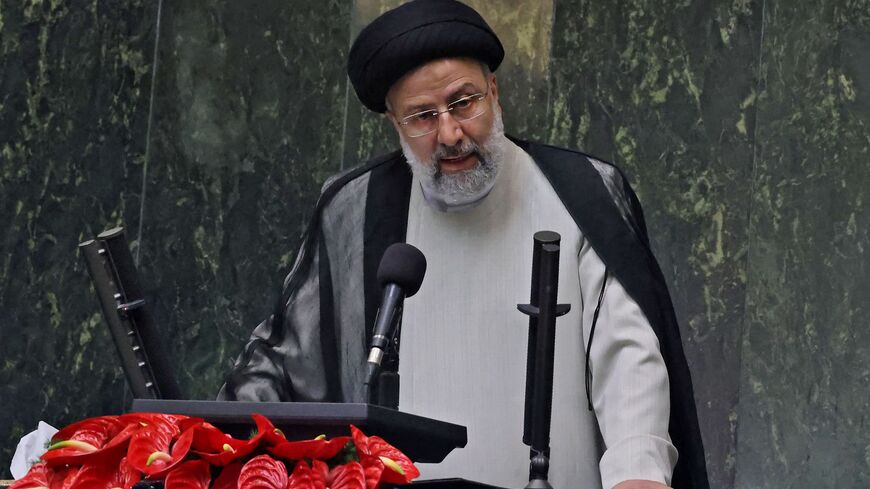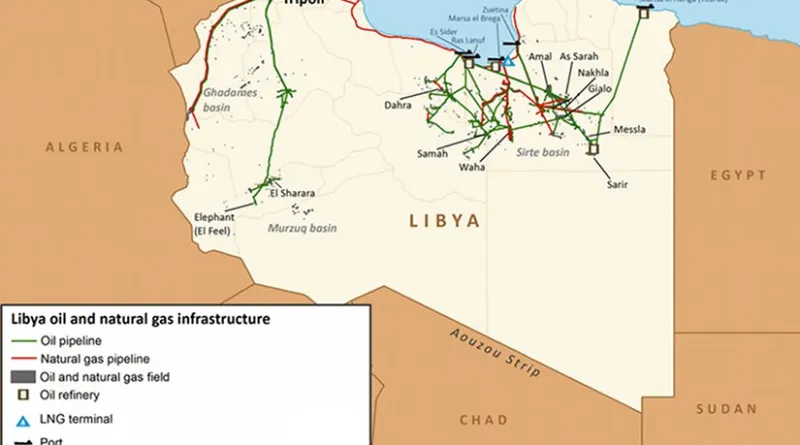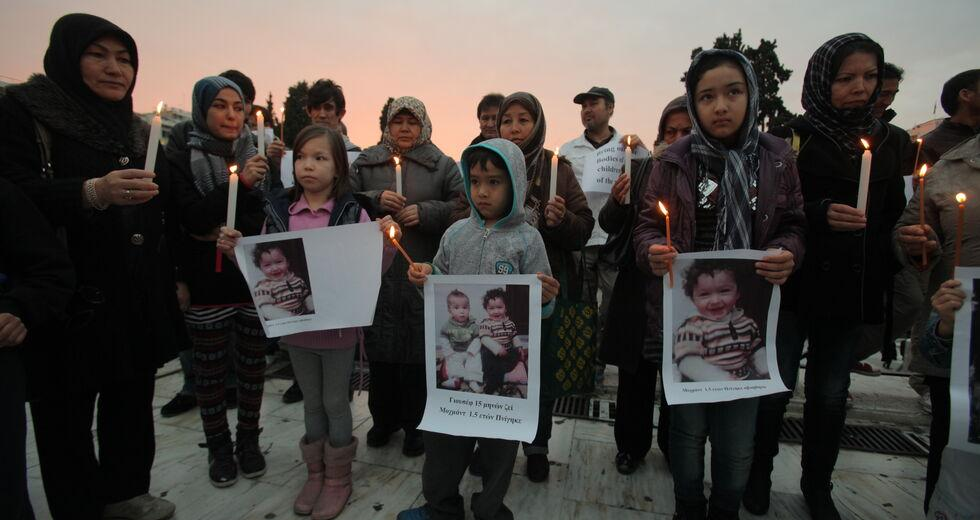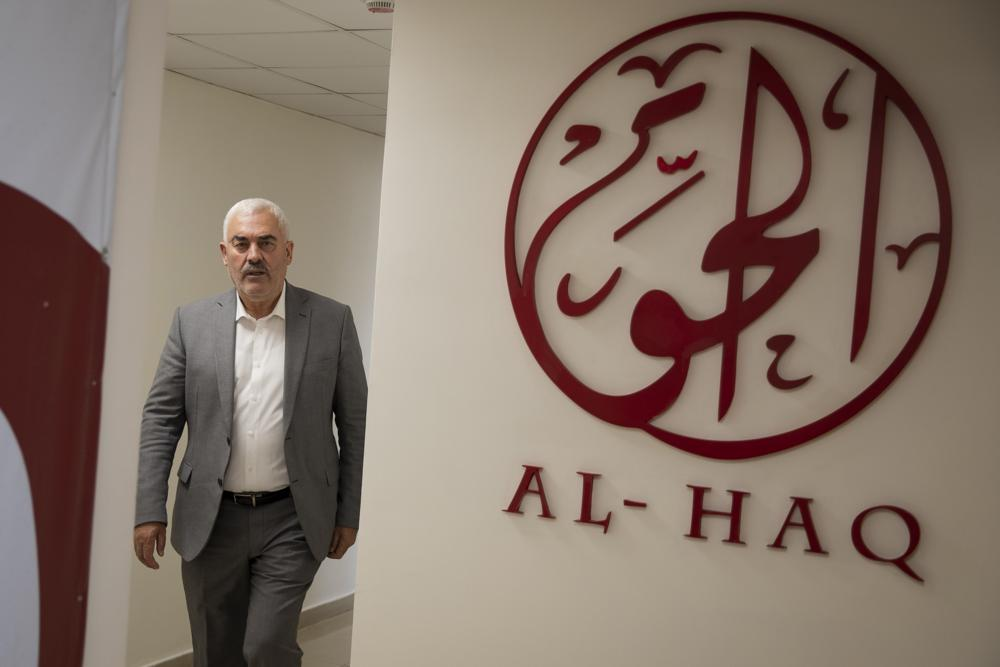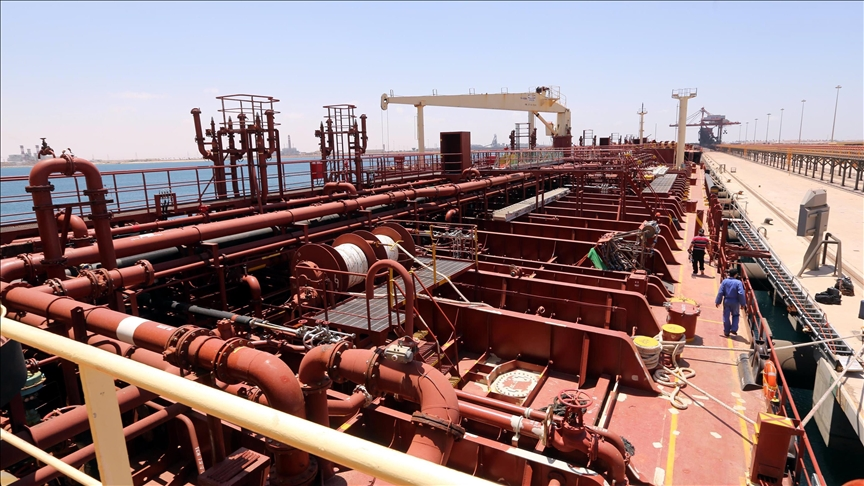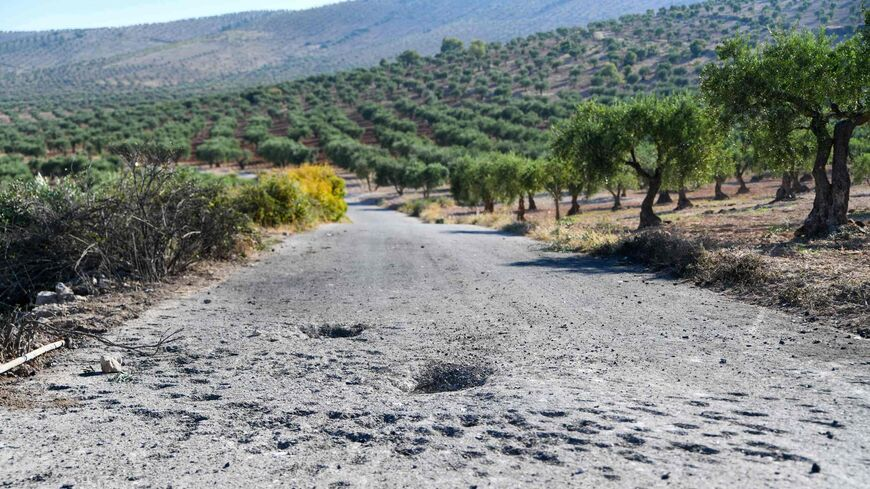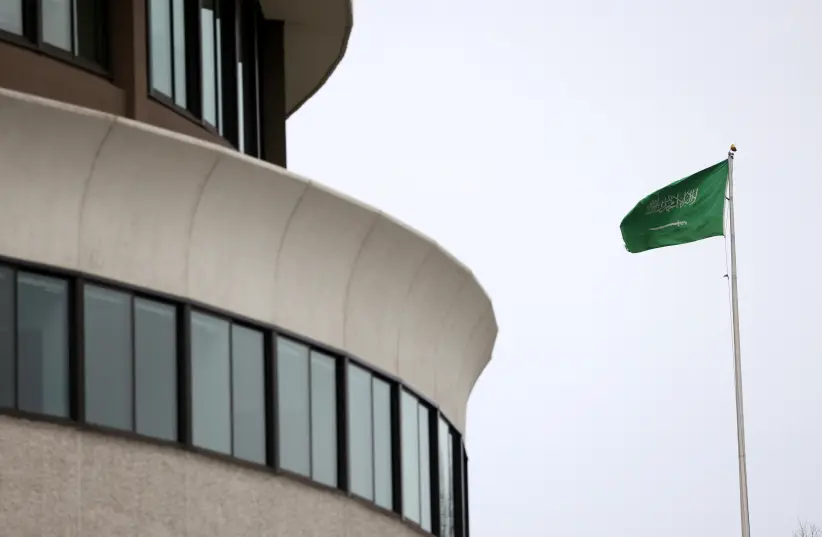Iran weighs benefits of BRICS membership
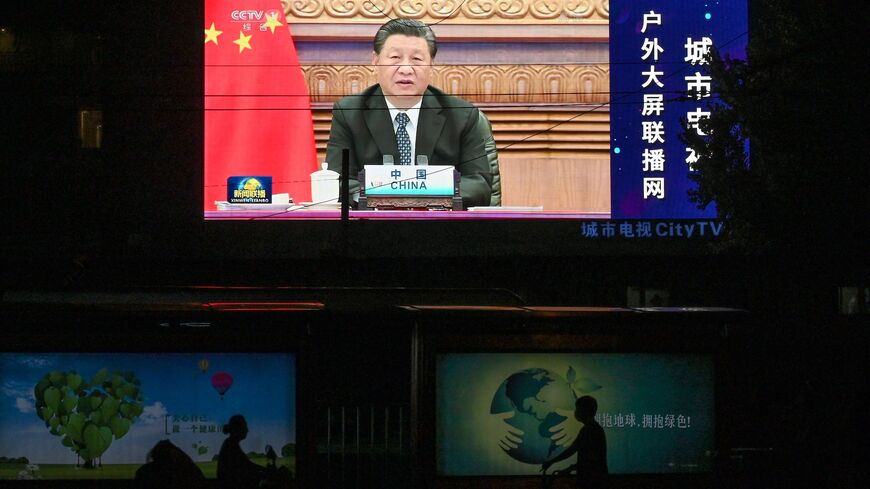
While joining the bloc has its upsides, it will be extremely difficult for Tehran to get full benefits from BRICS without the complete lifting of Western sanctions.
Recently, Iran applied to join BRICS, a group consisting of Brazil, Russia, India, China and South Africa. On a global level, this forum represents 40% of the world population and 26% of the world economy. According to IMF data, China has the largest economy in this grouping and accounts for more than 70% of the BRICS total worth of around $27.5 trillion, while India comes in second at 13% and Russia and Brazil comprise the remaining 7%.

